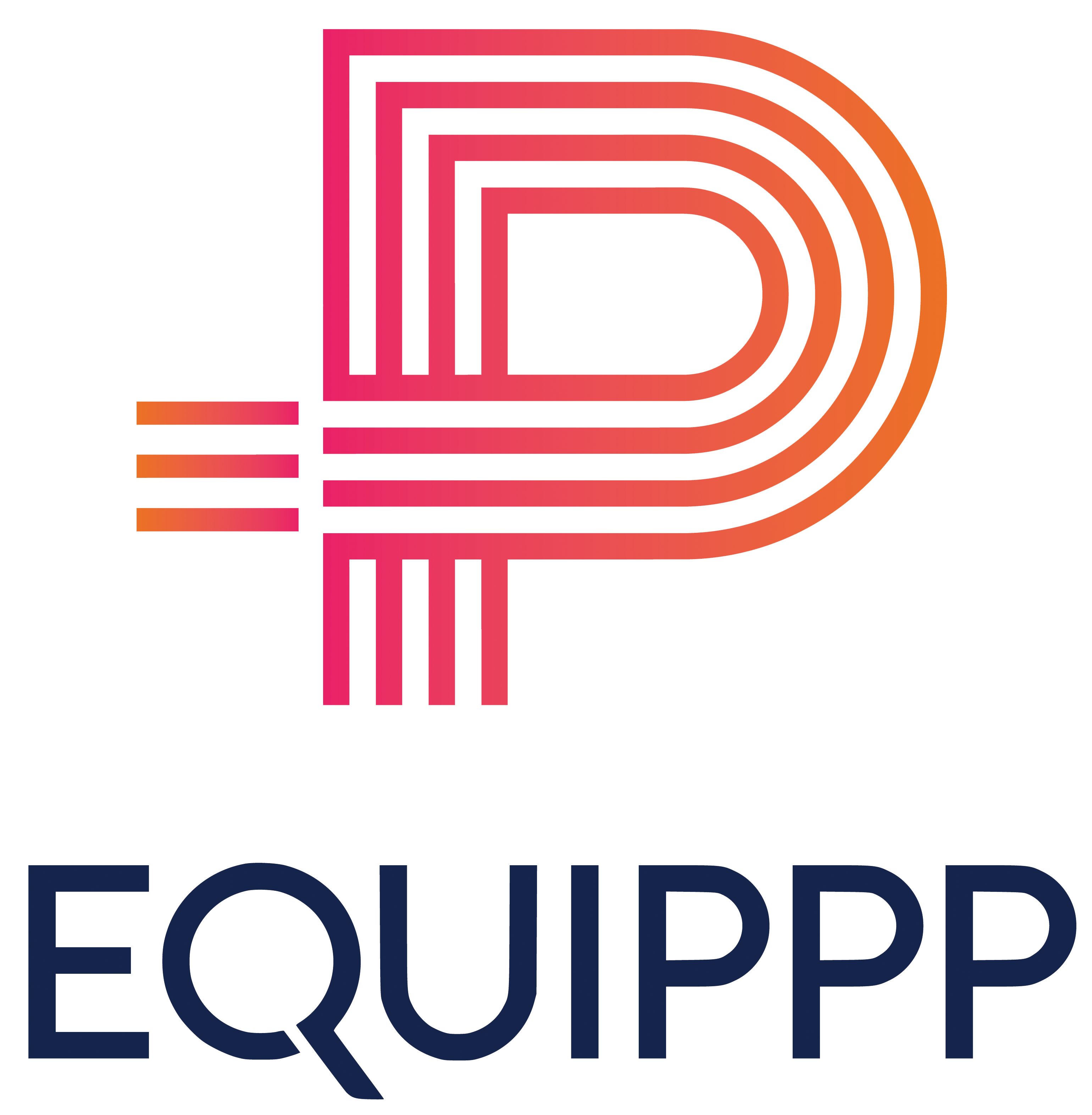Sectors
Development is an important concern for the government. Since development projects, whether implemented by the public sector or the private sector, have a significant benefit as well as strategic importance, profound impacts on other sectors, and a connection with public safety and security, the government has always shown interest in them. Government must continue to play a key role in planning, policy formulation, and regulatory matters to facilitate private participation in progress.
It is common for governmental organizations to face a great deal of challenges because they lack the proper resources and planning. Local governments tend not to invest in or manage developmental projects because of poor planning and insufficient management skills. Municipalities and other local governments can grow and contribute to positive community change by participating in cross-sectional collaborations, despite the challenges. Together with philanthropists, individuals, or corporations who have good ideas and planning skills, they can improve the conditions of the world more effectively.
As public-private partnerships are increasingly used around the world, the growing knowledge of PPPs only reflects governments’ idealistic perspectives. With the advancement of technology, communication and collaboration are much faster and better. The digital revolution brings an online public-private collaboration platform to help different bodies to come together, discuss, deliberate, and determine strategies that would contribute to the growth.
Social Value Partners are mostly organizations such as CSR agencies, non-governmental organizations, and non-profit organizations that work to fulfill a cause or mission. When two or more entities work together as an organization, they are able to produce benefits beyond those that may otherwise have been achieved by either one alone. Hybrid collaboration promotes a wide range of benefits such as networking, complementary resources, and addressing bigger societal issues more effectively than either sector acting independently.
The biggest challenge in Social Value Partnerships is proper communication. Mutual knowledge facilitates communication between organizations as it increases the chances of understanding and makes individuals and organizations able to predict each other’s actions. Therefore, if communication is lacking, there will be difficulties related to relational coordination – managing the interdependence of tasks within a context.
Because of the new-gen technology, many multi-featured channels are created through which organizations get a great opportunity to communicate efficiently so as to build a proper social value project. Throughout the lifecycle of an aid for development project, the platform facilitates collaboration and allows for the monitoring of progress.
SIBs have emerged in recent years as an innovative way to provide public-private partnerships (PPPs) with welfare services that pay private entities for achieving measurable impact. Essentially, social impact bonds (SIBs) are contracts between the government and the public sector that fund better outcomes for citizens and pass the savings on to investors. Through performance-based contracts, social impact bonds are a unique form of public-private partnership.
In emerging or developing countries, Social Impact Bonds can be set up to finance public policies of general interest. People and organizations that are interested in contributing to the development of the nation can greatly benefit from these bonds. Social Impact Bonds help individuals/businesses to identify the problems in different sectors and find possible solutions, raise funds for the project from private investors and assess the project’s success. Although the biggest challenge for the parties involved is that in traditional means it becomes difficult to track and record the progress of the project or to know the impact caused.
Incorporating trending & smart technologies, the technological advancements have upgraded the opportunity for individuals and organizations that are interested in SIBs. They can track the progress of the projects and optimisess to avoid any kinds of risks. Investors can also check the possible returns in the digital interface.
